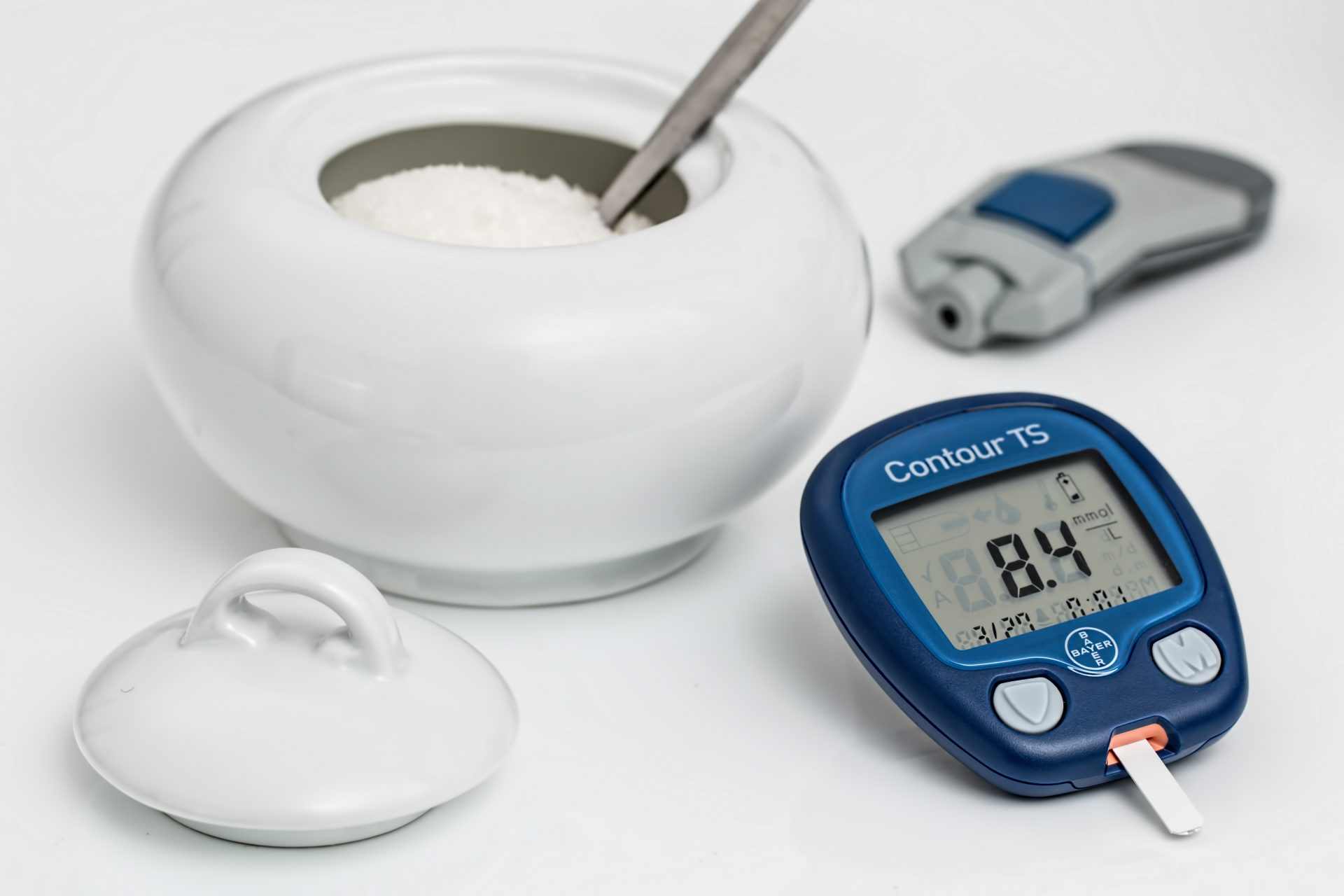
High Blood Pressure
If we consume too much Sodium, it can cause water retention, and the body may respond by raising blood pressure to push the excess fluid and salt out of the system. Increased blood pressure puts a strain on the heart and can damage the sensitive blood vessels in your eyes and kidneys, cause bleeding in the brain, and even lead certain arteries to balloon and rupture. There are two numbers in the blood pressure reading, for example, 114 over 74. The first number (Systolic) represents the pressure in your arteries as your blood pumps from the heart; the second number (diastolic) is the pressure in your arteries while the heart is resting between beats. The American heart association defines normal blood pressure as 120/80, anything above 140/90 is considered hypertensive and anything in between are prehypertensive
1. The number one risk factor for death in the world as it contributes to death from a variety of causes, including aneurysms, heart attacks, heart failure, kidney failure, and stroke. Kills 9 million people worldwide every year (Ref1)
2. 78 million people (about one in three American adults) have high blood pressure in the United States (Ref2)
3. Sodium raises blood pressure and the evidence is very clear, including double blind, randomized trials (Ref3)
4. Approximately 92,000 lives could be saved each year simply by eating less salt (Ref4)
5. Sodium intake appears to suppress the activity of a key antioxidant enzyme called superoxide dismutase, which has the ability to detoxify a million free radicals per second (Ref5)
6. Salt itself can injure our arteries independent of it’s impact on blood pressure (Ref6)
7. 75 percent of salt comes from the trillion dollar processed food industry than the saltshaker (Ref7)
8. A single slice of Pizza hut pepperoni pizza can contain half your recommended sodium intake limit for the entire day (Ref8)
9. For adults between the ages of twenty and fifty, the greatest contributor of sodium to the diet is chicken – not the canned soups, pretzels or potato chips. For adults over fifty, bread is the greatest contributor of salt (Ref9)
10. In a randomized, controlled trial three portions of whole grains a day were able to help lower blood pressure and reduce the risk of heart attack by approximately 15 percent and the risk of stroke by almost 25 percent (same as high blood pressure medications but without the adverse side effects!!) (Ref10)
11. Adverse side effects of antihypertensive medications include:
a) Electrolyte disturbances in those taking Diuretics (Water Pills) (Ref11.1)
b) Increased breast cancer risk for those taking calcium-channel blockers like Norvasc or Cardizem (Ref11.2)
c) Lethargy, depression and visual hallucinations for those on beta blockers like Lopressor and Corgard (Ref11.3)
d) Sudden, potentially life threatning swelling for those taking ACE inhibitors like Vasotec and Altace (Ref11.4)
e) Increased risk of seriuos fall injuries for apparently any class of these blood pressure drugs (Ref11.5)
12. In a study, sedentary vegans had an extraordinary lower blood pressure reading of 104/62 compared to endurance runners (running approximately 2000 miles a year) on a Standard American Diet, who had a blood pressure reading of 122/72, and their sedentary meat eating counterpart who had a blood pressure reading of 132/79, which fits the definition of prehypertensive (Ref12)
13. Ground flaxseeds induced one of the most potent blood pressure lowering effects ever achieved by a dietary intervention. The flaxseeds managed to drop subjects systolic and diastolic blood pressure by upto fifteen and seven points respectively(much better than any blood pessure medications out there and without the adverse side effects!!) (Ref13)
14. Consumption of raw and cooked vegetables is associated with lower blood pressure, but raw veggies may be slightly more protective (Ref14)
15.Tested head-to-head against a leading blood pressure drug, two cups of strong hibiscus tea every morning (using a total of 5 tea bags) was as effective in lowering subjects’ blood pressure as a starting dose of the drug Captopril taken twice a day (without the adverse side effects such as rash, cough, taste impairmentand fatal swelling of the throat) (Ref15)
16. In a study funded by British Heart Foundation, researchers found that not only was systolic blood pressure reduced by about eight points in the beet juice drinkers but the benefits grew week by week. The scientists concluded that “nitrate rich vegetables may prove to be both cost effective, affordable and favorable for a public health approach to hypertension.” (Ref16)
